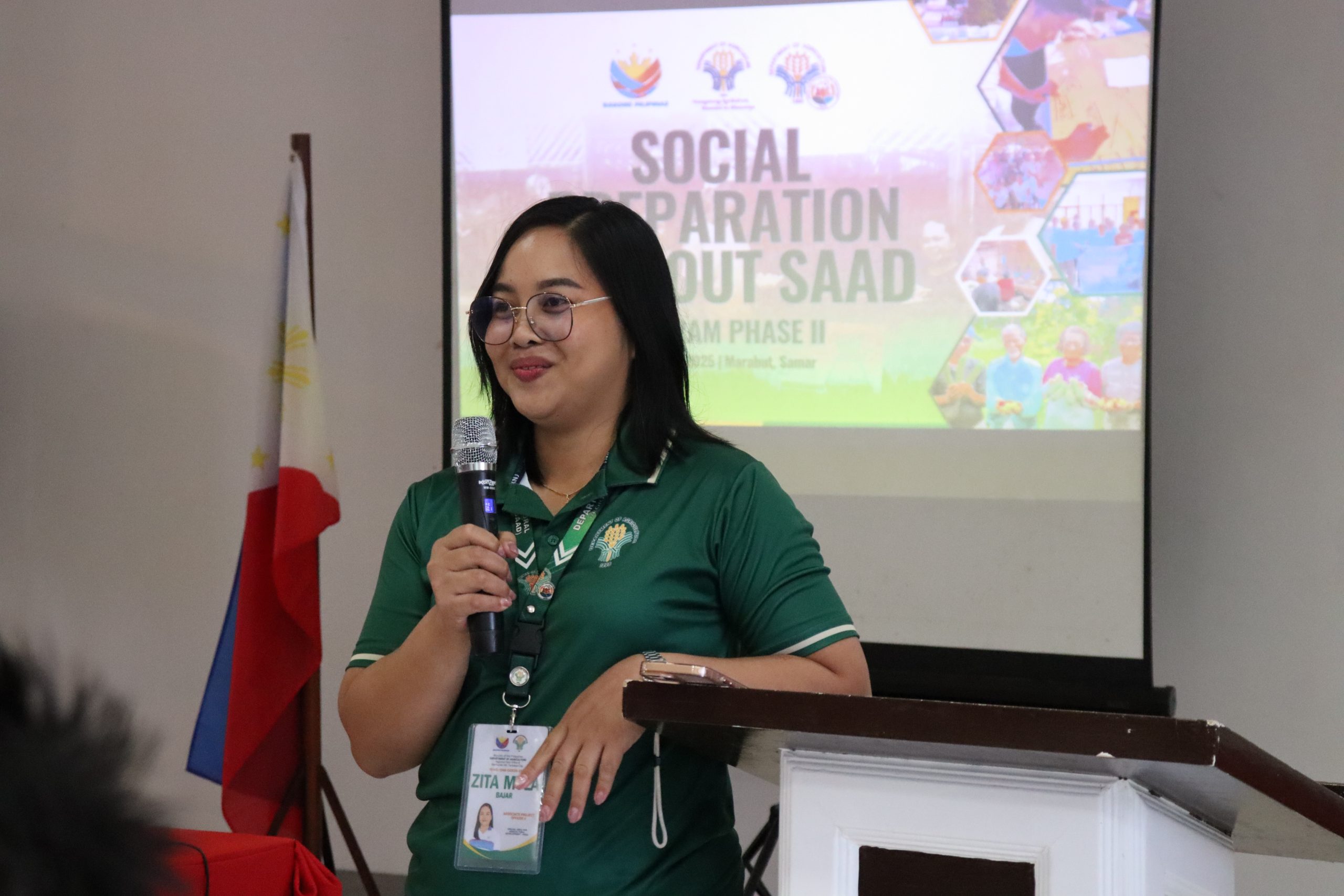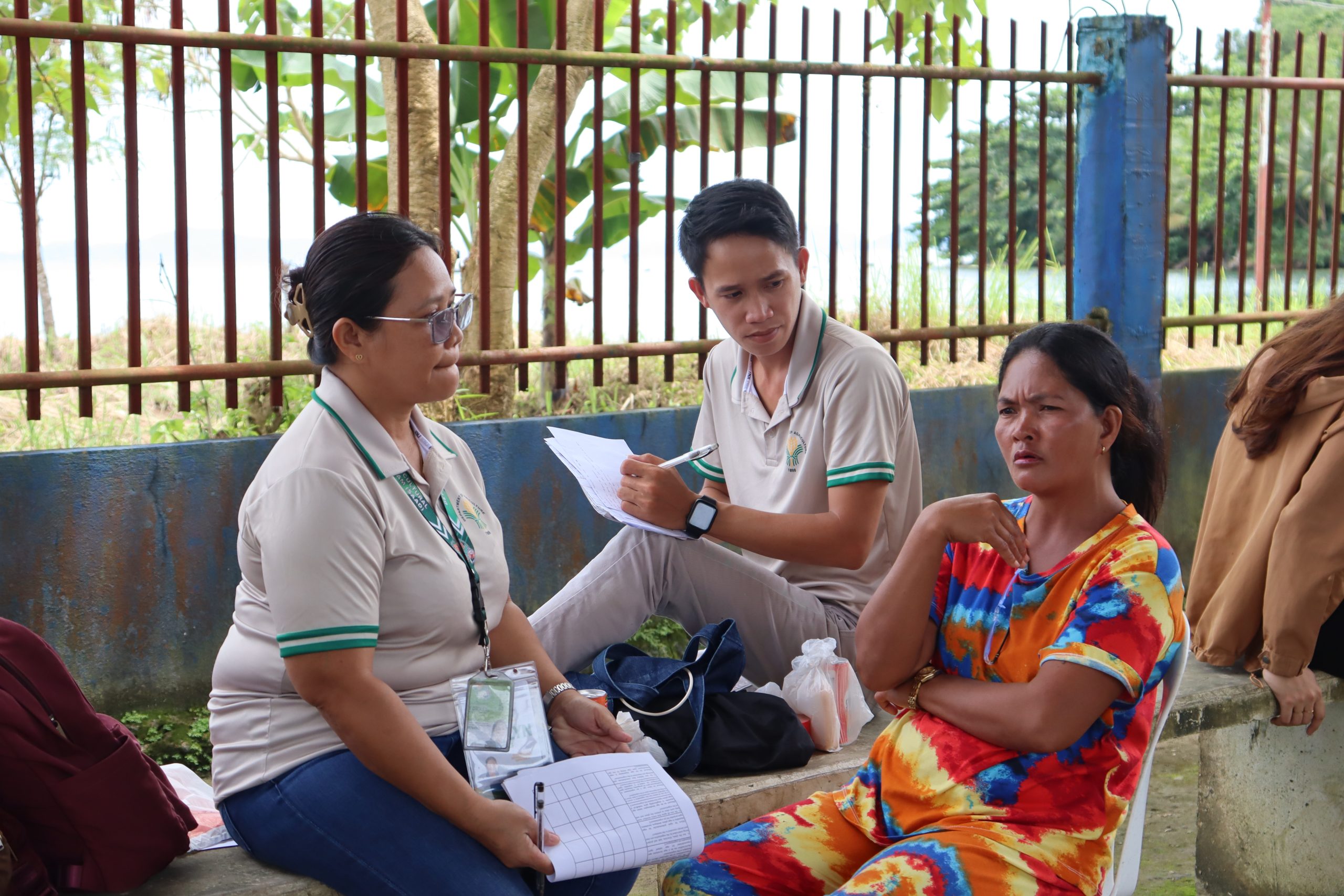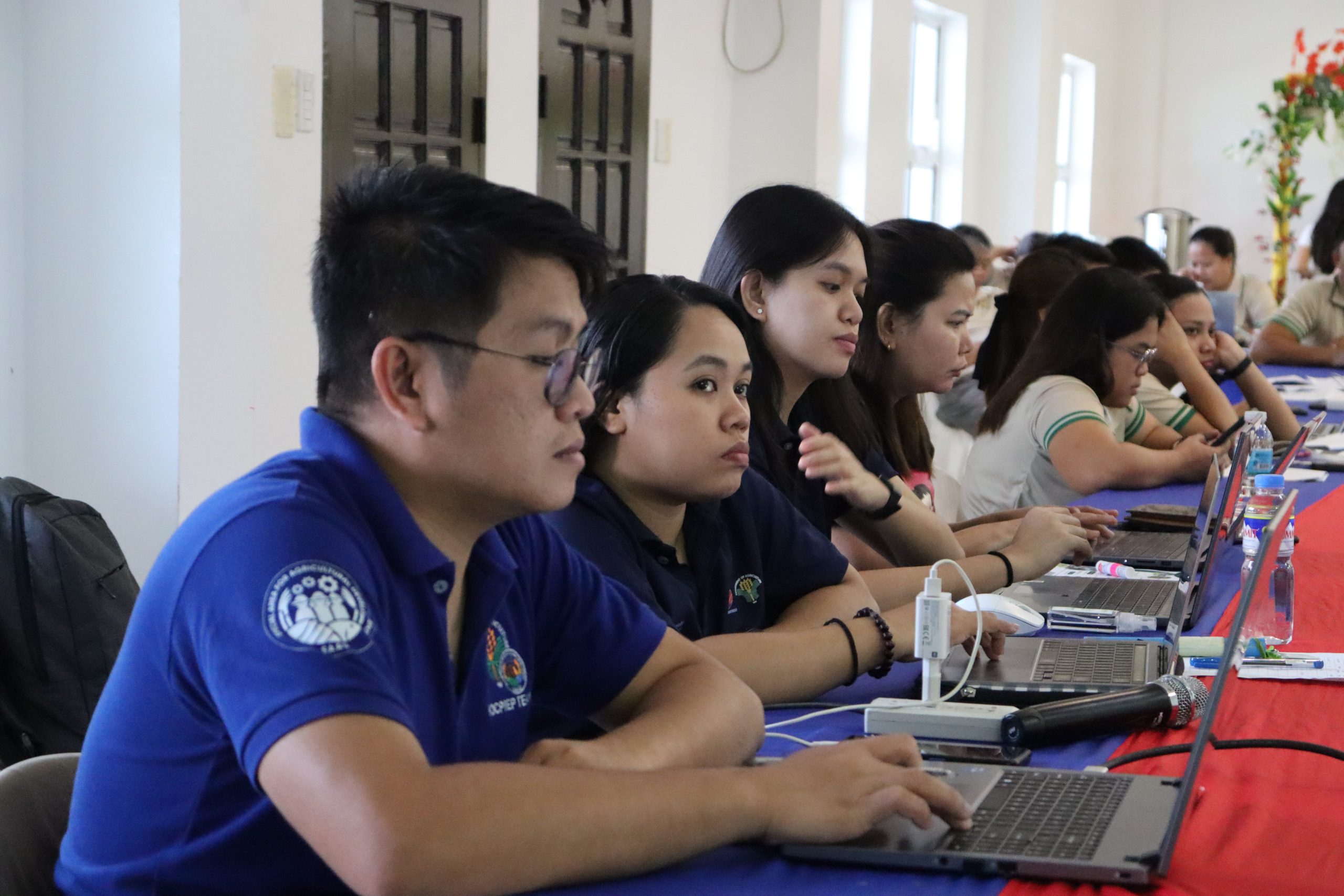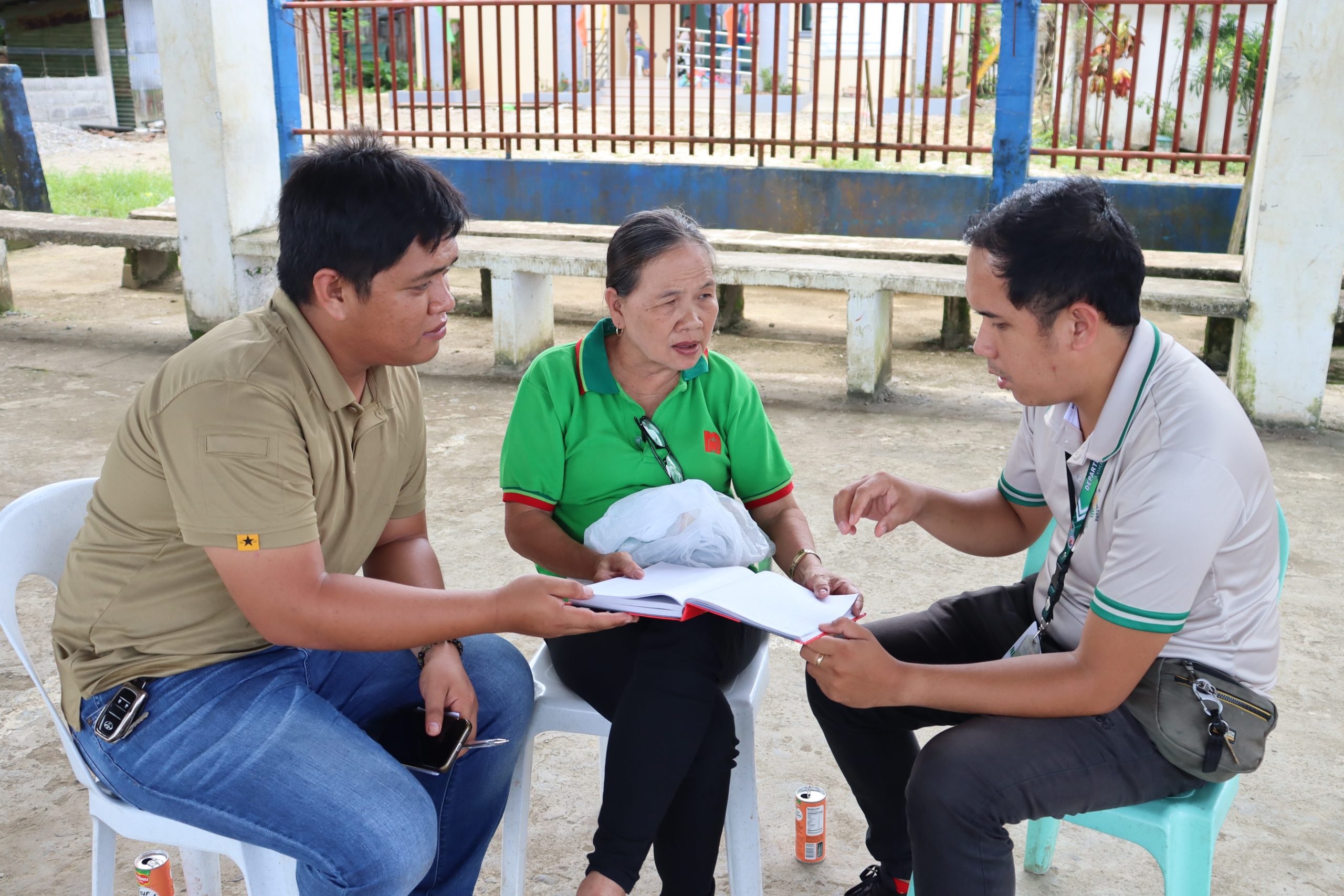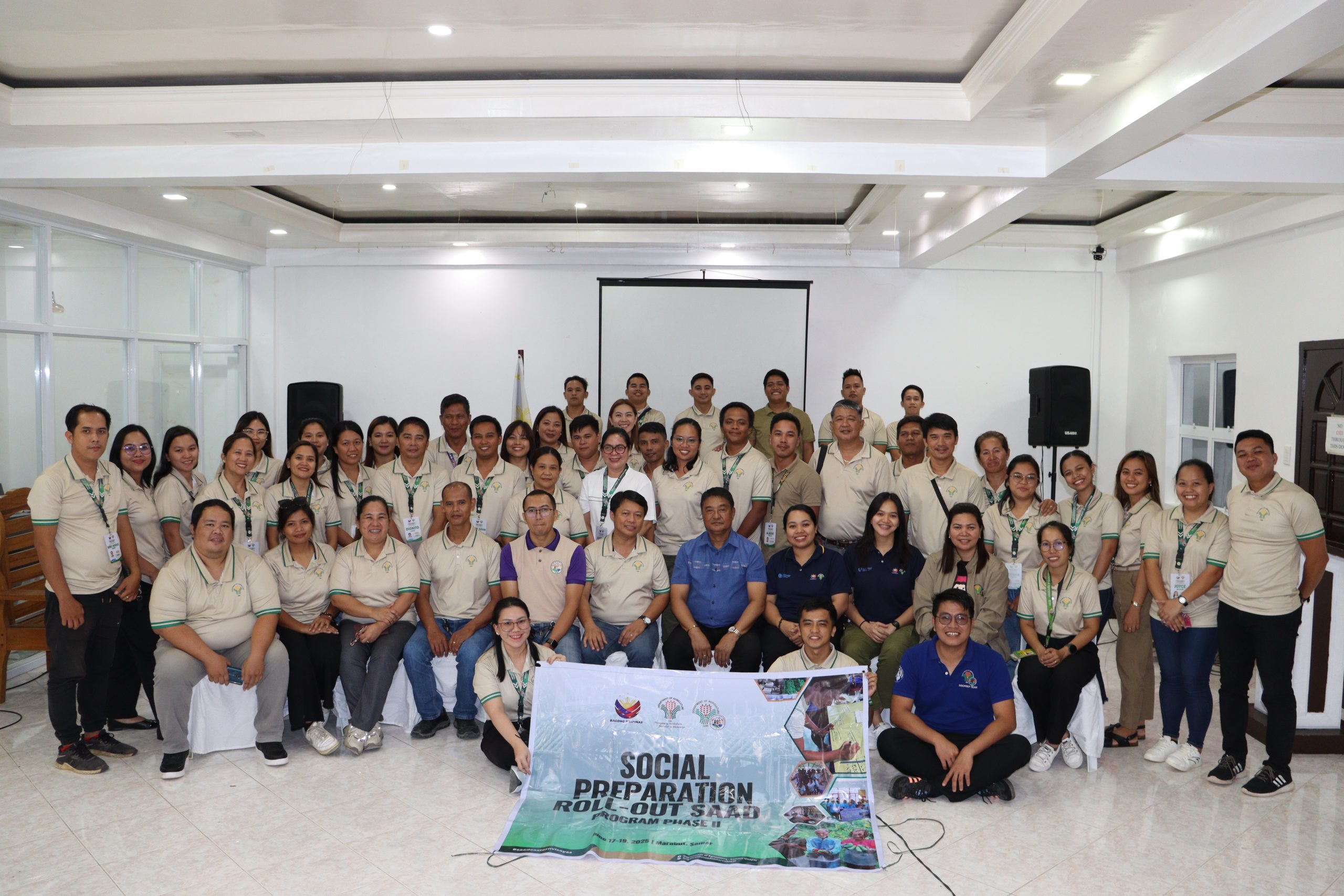Laying the groundwork for stronger community engagement and more inclusive agricultural interventions, the Department of Agriculture – Special Area for Agricultural Development (DA-SAAD) Program Phase 2 carried out its pilot rollout of social preparation in Eastern Visayas, gathering implementers and technical staff for an intensive training and field practicum in Marabut, Samar.
Conducted last June 2025, the activity served as a proving ground for SAAD Phase 2’s enhanced Social Preparation Guidelines—a key component of the program’s community-driven framework aimed at ensuring that interventions are based on actual needs and that local voices are part of the planning process from the outset.
“Social preparation is not just a one-time requirement—it is a continuous process that defines the quality and sustainability of our work,” emphasized Zita Myla Bajar, lead of the Social Preparation Program Management (SPPM) sub-unit under the Office of the Program Budget and Management Engagement (OPBME).
“We cannot move forward without first grounding ourselves in the realities of the communities we serve,” added Ms. Bajay.
Over the course of the rollout, regional and provincial implementers received in-depth training on the newly enhanced social preparation tools, including standard templates for community profiling, participatory rural appraisal (PRA), and the Social Preparation Assessment (SPA) forms. Sessions also covered interview techniques, data analysis procedures, and how to translate findings into meaningful reports that guide planning and implementation.
Before heading to the field, participants conducted simulation exercises to practice facilitating Focus Group Discussions (FGDs) and Key Informant Interviews (KIIs), with guidance from the SAAD National Program Management Office (NPMO) team. These exercises equipped field staff with the skills to effectively draw insights from community members and ensure the accuracy of their assessments.
The culmination of the rollout was an on-site demonstration involving a local farmer group. Implementers engaged in actual data collection, followed by processing, encoding, and analyzing responses. The experience provided a full-cycle view of how information should be gathered and used to inform program decisions.
“The results of the interviews directly reflect how our area coordinators are performing in their respective communities,” noted Abigail Dela Cruz, NPMO-SPPM Lead. “That’s why accurate data and honest community feedback are essential—not just to track performance but to identify areas where support and improvements are still needed.”
The event concluded with a collaborative reflection session, where participants shared insights, challenges, and suggestions for further enhancing SAAD’s social preparation approach. Many expressed the value of the hands-on training and emphasized the need for ongoing mentoring and review to maintain quality standards as implementation scales up.
The pilot is part of SAAD’s broader strategy to improve the consistency, relevance, and responsiveness of its field operations under Phase 2. With social preparation rollouts scheduled to continue in other regions, the experience in Samar now serves as a benchmark for future capacity-building efforts.
Ultimately, the refined social preparation process aims to better equip farmer-beneficiaries for sustained engagement with the program, while empowering implementers to become more attuned to the real conditions in marginalized communities. ###

